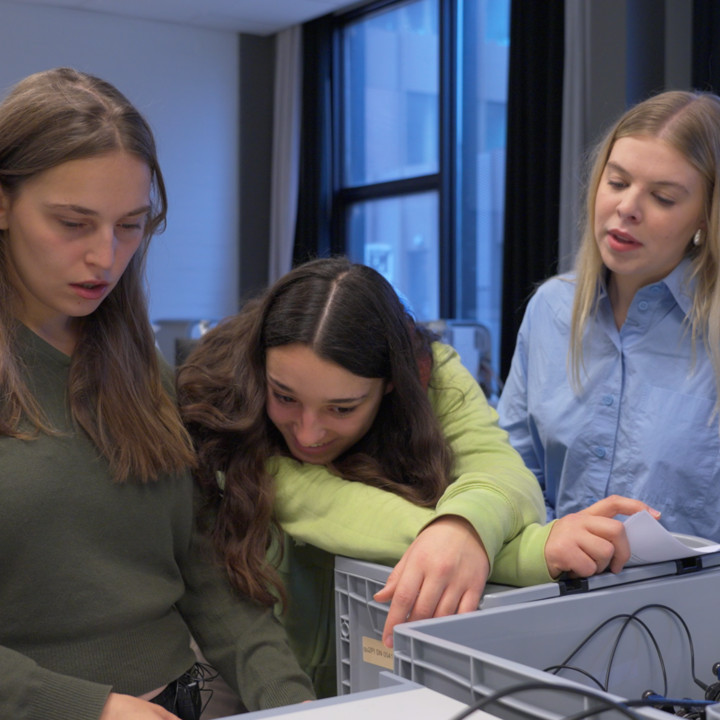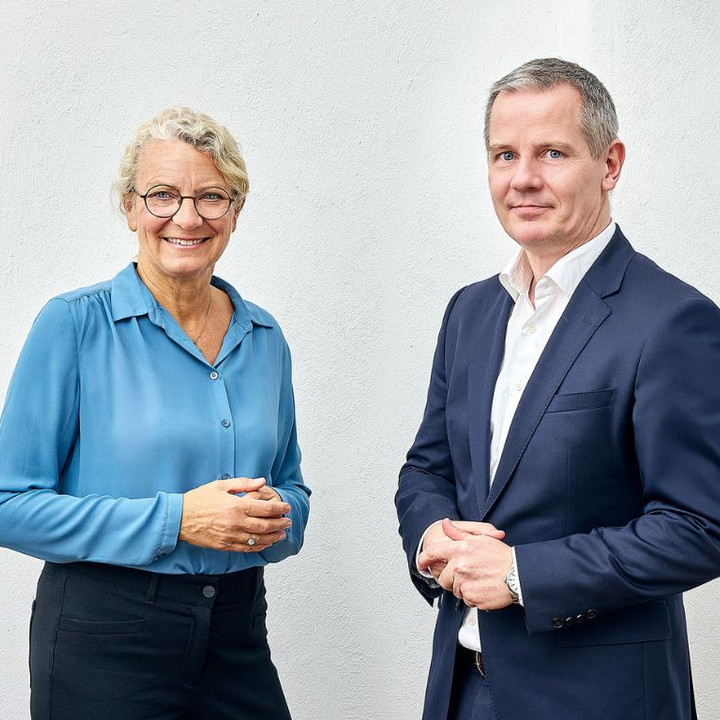Spatial Regulation of Heteronuclear Metal sites in Nano-porous Photocatalyst for efficient CO2 to C2+ Product conversion
Project description
In artificial photosynthesis, tandem catalysis has emerged as a promising strategy for facilitating the conversion of carbon dioxide into valuable multi-carbon (C2+) compounds through sequential steps at distinct sites. In this project we will construct a tandem hybrid photocatalyst by incorporating two distinct reaction sites within the covalent organic frameworks (COFs) framework. In such systems, one active site facilitates the generation of a substantial concentration of C1 intermediates, while the other facilitates C-C coupling. The interactions of these active sites are controlled by precisely arranging their spatial positions to guide the reaction pathway towards targeted products. We anticipate our study on the correlation between active-site-interactions and photocatalytic performance in such tandem photocatalysts will offer valuable insights into the conversion of CO2 into C2+ products.



